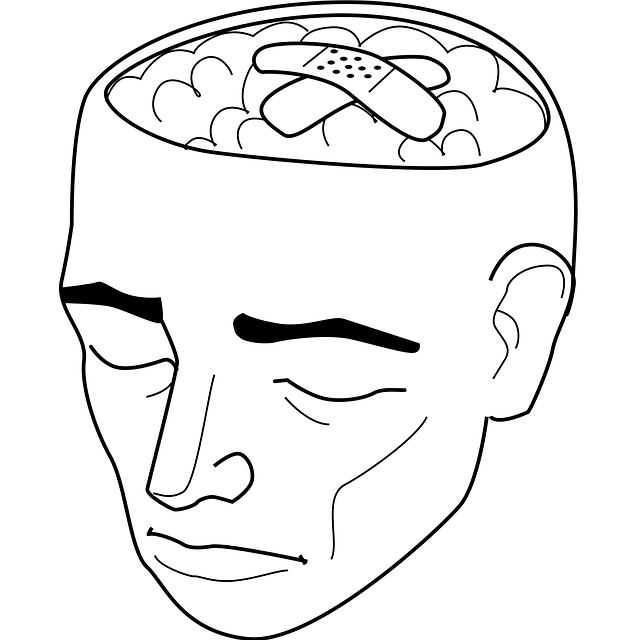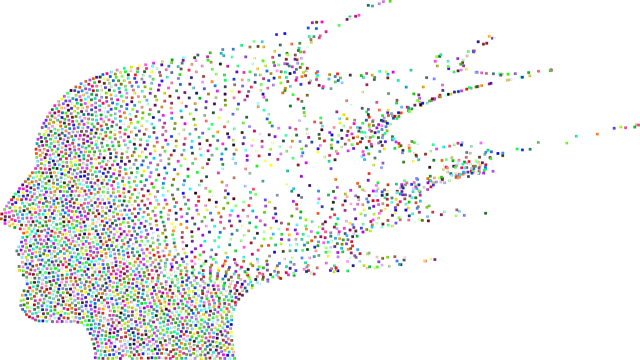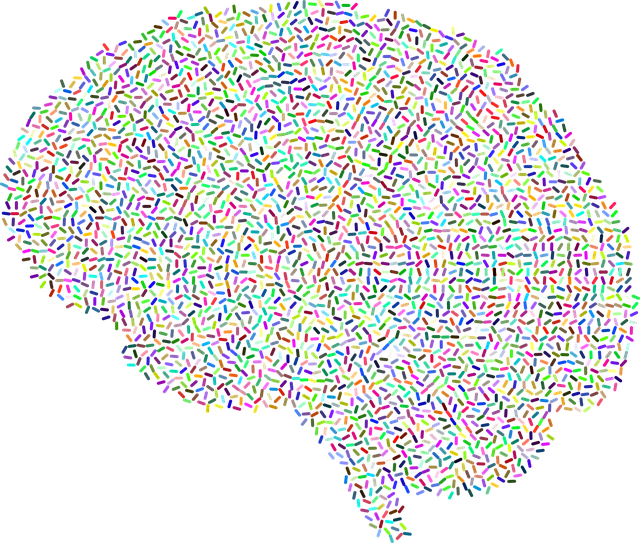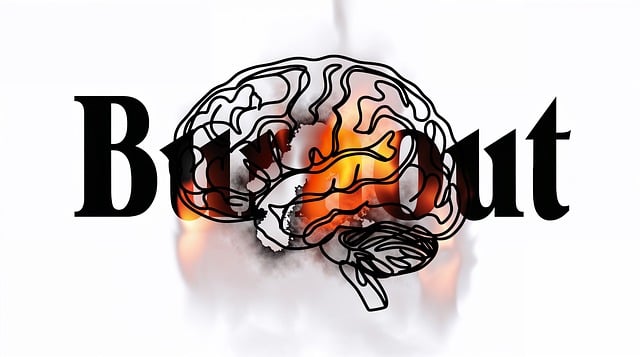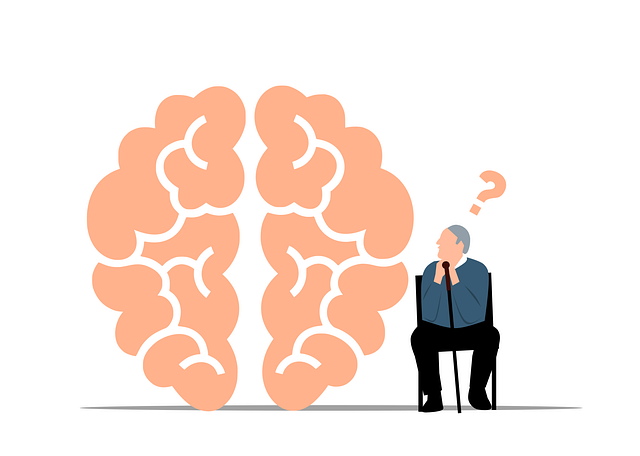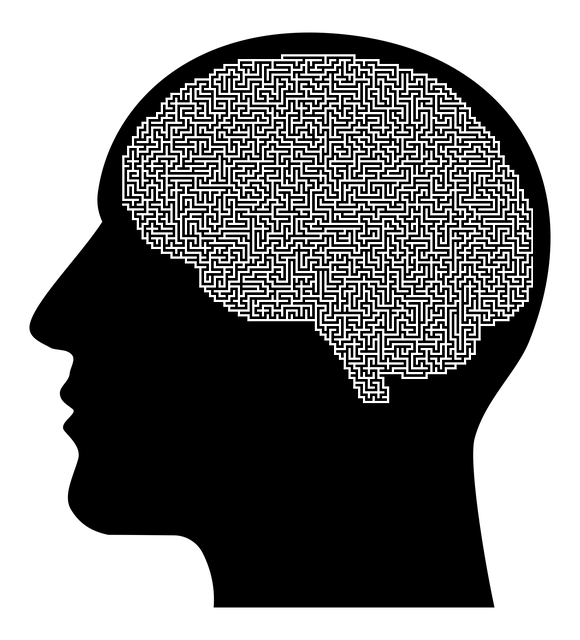Mental health professionals play a crucial role in supporting young children involved in international adoptions by addressing trauma, neglect, and cultural disparities through tailored interventions. They assess subtleties in behavior and attachment issues, integrating advanced therapy techniques with social skills training to enhance emotional intelligence and foster mental wellness. By considering transactional dynamics within families and promoting cultural sensitivity, therapists empower children and parents to build resilience, navigate challenges, and achieve successful adjustment. Effective care involves cultivating emotional intelligence, addressing traumatic experiences, and fostering strong community support networks.
“In the realm of mental health, particularly within international adoptions, professionals face unique challenges. This article delves into a comprehensive risk assessment framework, exploring cultural and contextual risks in global adoptions and their impact on young children’s mental well-being. We discuss identifying potential psychological hurdles and assessing transactional dynamics within adoptive families. Additionally, it highlights the development of effective strategies for therapists to mitigate risks and build resilience, ensuring optimal therapy for young children post-adoption.”
- Understanding Cultural and Contextual Risks in International Adoptions
- Identifying Potential Mental Health Challenges for Young Children
- Assessing the Impact of Transactional Dynamics on Adoptive Families
- Developing Effective Risk Mitigation Strategies for Therapists
- Building Resilience and Support Systems for Vulnerable Populations
Understanding Cultural and Contextual Risks in International Adoptions

When mental health professionals are involved in international adoptions, especially when working with young children, a nuanced understanding of cultural and contextual risks is paramount. Each child’s background, whether it involves trauma, neglect, or cultural dislocation, can significantly impact their emotional intelligence and social skills development. Therapists play a crucial role in assessing these subtleties to create tailored interventions that support the child’s mental wellness.
The process requires professionals to go beyond traditional therapy techniques and incorporate elements of social skills training to help children navigate both their new environment and any cultural disparities. By integrating these strategies into their practice, therapists can enhance their effectiveness in supporting the emotional intelligence and overall mental wellness of young adoptees, enriching what might otherwise be a challenging transition through Mental Wellness Podcast Series Production.
Identifying Potential Mental Health Challenges for Young Children

Identifying potential mental health challenges for young children is a critical aspect of providing effective therapy, especially within the context of international adoptions. Many children enter their new homes carrying the weight of past experiences, including trauma, neglect, or loss. These early life adversities can significantly impact their emotional and psychological well-being, often manifesting as behavioral issues, attachment problems, or difficulties in regulating emotions. Mental health professionals must be vigilant in recognizing these subtler signs, as they may not always present as overt distress.
Therapy for young children requires a nuanced approach that considers cultural sensitivity in mental healthcare practice. The Stress Management Workshops Organization emphasizes the importance of understanding each child’s unique background and incorporating culturally appropriate interventions. By teaching conflict resolution techniques, professionals can empower these children to navigate social challenges and build resilience. This holistic approach ensures that therapy not only addresses immediate concerns but also fosters long-term mental health and well-being in this vulnerable population.
Assessing the Impact of Transactional Dynamics on Adoptive Families

The dynamic nature of international adoptions presents unique challenges for mental health professionals when assessing and supporting adoptive families. Transactional dynamics, or the power imbalances and negotiation processes that occur during adoption, can significantly impact the emotional well-being of both parents and children. These dynamics often involve complex issues such as cultural differences, expectations, and adjustments to family structures. For instance, therapy for young children involved in international adoptions should consider the potential effects of these transactional forces on their mental health and development.
Professionals must be attuned to how adoption-related transactions between birth parents, adoptive parents, and authorities might influence the child’s sense of belonging and identity. The process itself can evoke a range of emotions from joy to loss, and understanding these fluctuations is key in providing effective support. Incorporating self-awareness exercises within therapy sessions for both parents and children can help navigate these complex dynamics by enhancing mental health awareness and fostering open communication, ultimately contributing to successful adjustment and mental wellness in adoptive families.
Developing Effective Risk Mitigation Strategies for Therapists

Mental health professionals play a pivotal role in guiding individuals, especially young children, through complex emotional journeys. When dealing with clients from diverse cultural backgrounds, such as those involved in international adoptions, therapists must employ tailored risk mitigation strategies. Cultural sensitivity in mental healthcare practice is paramount to ensuring effective therapy for young children. This involves understanding and respecting unique cultural beliefs, traditions, and family structures that may influence a child’s emotional well-being.
By integrating cultural sensitivity into their practice, therapists can foster a safe and supportive environment. They can then utilize techniques like inner strength development and emotional well-being promotion to address specific risks associated with international adoptions. These strategies not only help mitigate potential challenges but also empower young clients to navigate their experiences with resilience and adaptiveness, fostering healthy emotional growth.
Building Resilience and Support Systems for Vulnerable Populations

Mental health professionals working with vulnerable populations, such as young children involved in international adoptions, must prioritize building resilience and support systems to mitigate risks. This includes cultivating emotional intelligence and emotional regulation skills not only for themselves but also for their clients. Therapy for young children in this context often focuses on helping them process traumatic experiences and develop coping mechanisms, which indirectly supports the mental wellness of the entire family system.
Professionals can enhance their ability to provide effective care by fostering strong support networks within communities. This might involve collaborating with local organizations, cultural experts, and fellow mental health practitioners to create a comprehensive resource map tailored to the unique needs of these vulnerable groups. By integrating emotional intelligence and emotional regulation strategies into therapy practices, professionals can better address the complex emotional landscapes associated with international adoptions, ultimately fostering healthier outcomes for both children and their families.
Mental health professionals play a pivotal role in supporting families involved in international adoptions, especially when addressing the unique challenges faced by young children. By understanding cultural risks, identifying mental health concerns early on, and implementing effective risk mitigation strategies, therapists can enhance the overall well-being of adoptive families. This holistic approach, coupled with building resilience within vulnerable populations, ensures that therapy for young children in international adoptions is not just responsive but also proactive, fostering healthier outcomes for all involved.
